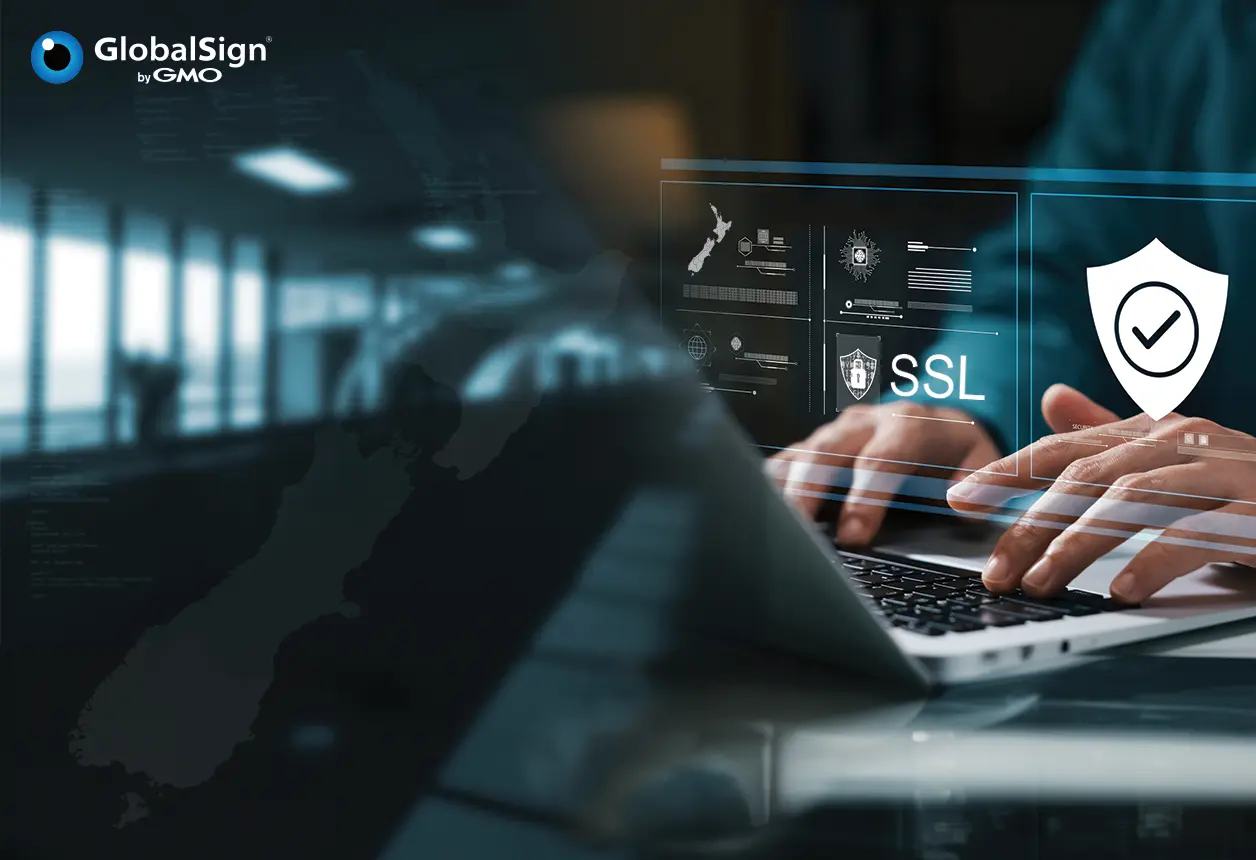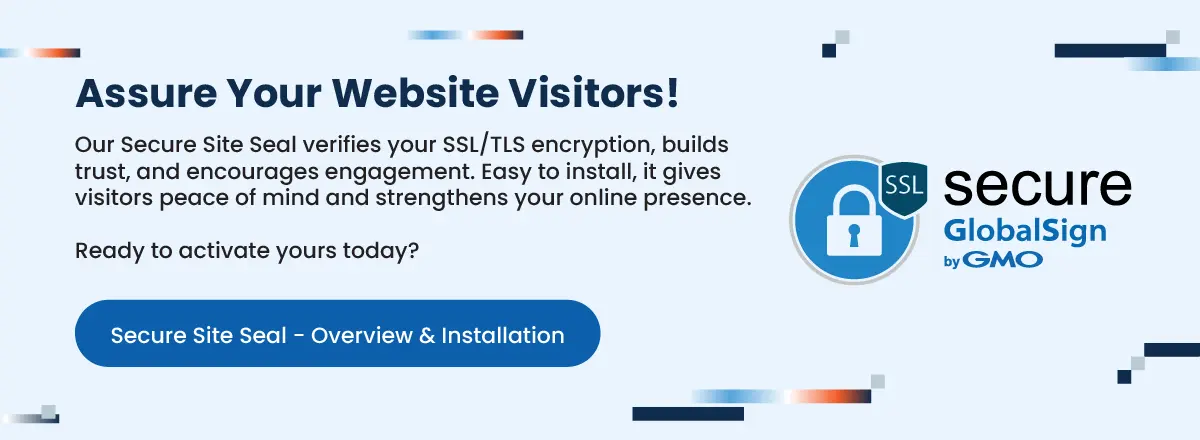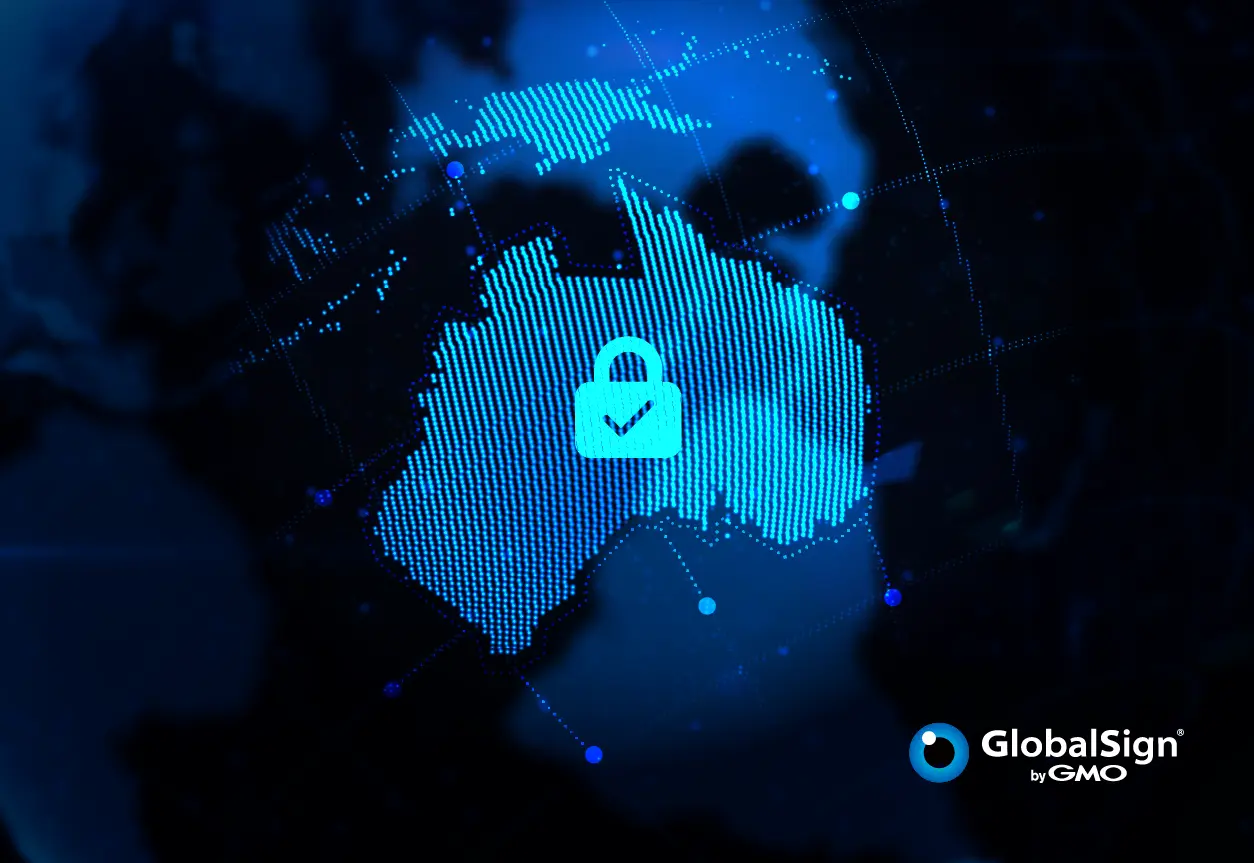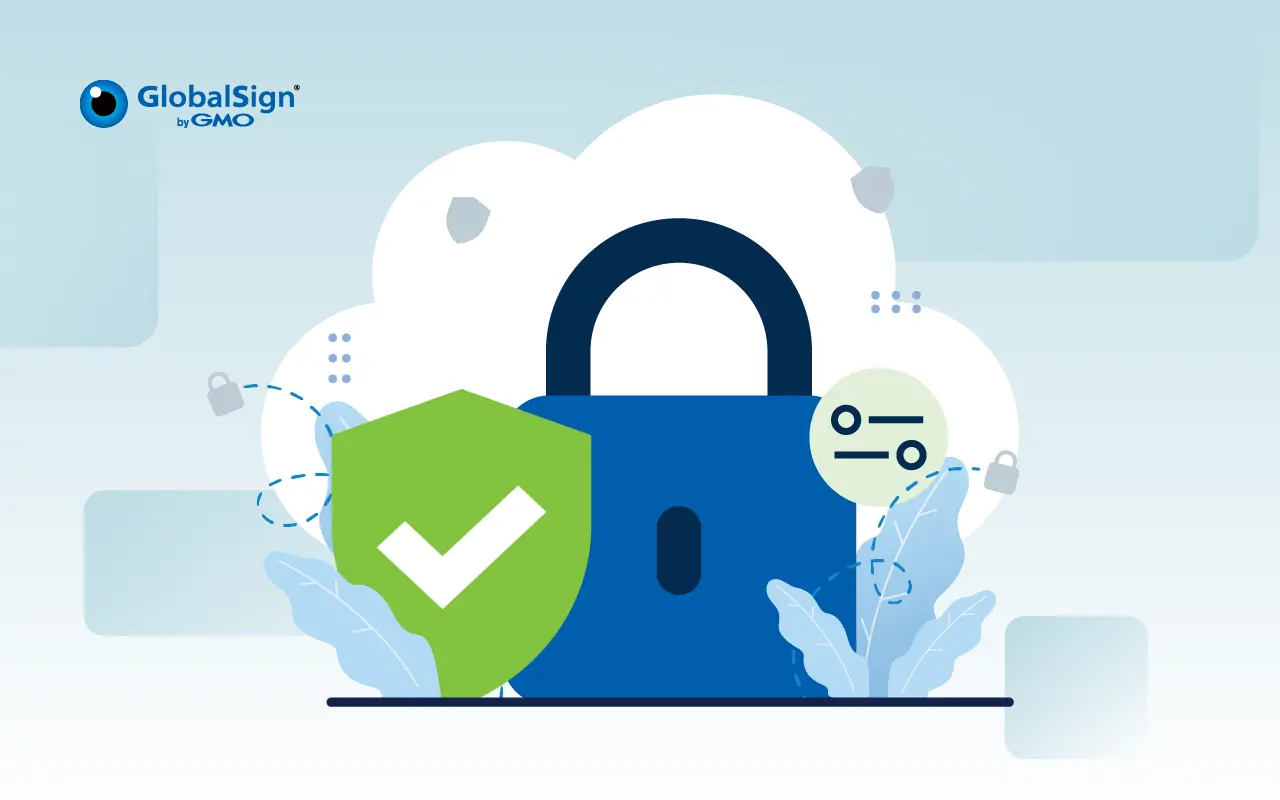New Zealand’s digital landscape is booming, with businesses of all sizes embracing online opportunities. With this growth comes the critical responsibility of securing online interactions and protecting sensitive customer information. At GlobalSign, we help empower New Zealand’s digital journey by providing Secure Sockets Layer (SSL) certificates NZ certificates that secure businesses’ online interactions. Here we explore more about SSL in New Zealand, their importance, and how they help safeguard your information.
GlobalSign safeguards businesses with robust SSL certificates. These digital passports verify your website's identity and encrypt communication using SSL encryption technology. Think of unreadable codes for sensitive information! Did you know that outdated SSL versions can lead to "SSL handshake failed" errors? In this blog, you’ll learn that GlobalSign ensures the strongest encryption and latest protocols to build trust with your customers.
Fundamentals of SSL in New Zealand
SSL Certificates in New Zealand play a pivotal role in safeguarding online interactions. These digital certificates encrypt data transmitted between websites and visitors, protecting sensitive information such as credit card details, login credentials, and personal data. By investing in SSL Certificates, organizations can enhance their security posture and build trust with their customers.
What is SSL (Secure Sockets Layer) / TLS (Transport Layer Security)?
Imagine a secure tunnel protecting your data as it travels online. That's the essence of SSL. It encrypts sensitive information – logins, details, transactions – during transfer between your browser and a website. This encryption scrambles the data, rendering it unreadable. These indicate a secure connection established using an SSL certificate. But how can you be sure the certificate is legitimate?
Here's a quick guide:
-
Validity: Check if the certificate is current and not expired.
-
Trusted Issuer: Verify if it's issued by a reputable Certificate Authority (CA) like GlobalSign.
-
Domain Match: Confirm if the website's domain matches the information on the certificate.
Are SSL certificates free in New Zealand?
As a leading CA, GlobalSign empowers businesses and organizations in New Zealand with a range of SSL certificate solutions. With 3 main certificate types to choose from, every NZ business can be covered.
-
Domain Validated (DV) Certificates: Ideal for personal websites and blogs, these certificates verify domain ownership.
-
Organization Validated (OV) Certificates: Offering a higher level of validation, these certificates verify both domain ownership and organizational identity, ideal for businesses seeking to enhance online credibility.
-
Extended Validation (EV) Certificates: Providing the highest level of validation, these certificates are recommended for e-commerce and other sensitive information websites. EV certificates undergo a rigorous validation process to verify legal, physical, and operational existence.
The SSL CIA Triad – How does it happen?
Ever wondered how websites create a secure online environment? The answer lies in a powerful foundation – the CIA triad (Confidentiality, Integrity, and Availability). At GlobalSign NZ, we're passionate about ensuring all three are addressed, and that's where SSL comes in!
Think of SSL as a sophisticated security protocol that acts like a secret handshake between your website and its visitors. Here's how it strengthens each aspect of the CIA triad:
-
Confidentiality: SSL encrypts data in transit, ensuring only authorized parties can access sensitive information like credit card details. It's like whispering a secret code – only those with the key can understand it.
-
Integrity: SSL goes a step further to safeguard your data from tampering during its journey across the web. Imagine a unique digital fingerprint being created for your data before it's sent – a kind of checksum. Throughout transmission, SSL verifies this fingerprint remains unchanged. If any alterations occur, the hash recalculates upon arrival, exposing the tampering attempt. This way, you can be confident that the information you receive is exactly what was sent, offering an extra layer of security and peace of mind.
-
Authentication: SSL uses PKI (Public Key Infrastructure) to verify the identity of the website you're visiting. Imagine it like a secure handshake – SSL checks digital certificates issued by trusted authorities, ensuring you're connecting to the legitimate website and not a cleverly disguised imposter. This authentication process underpins online trust and protects you from fraudulent interactions.
For a deeper analysis, use our SSL Checker tool.
Methods for Checking SSL Versions
Ensuring that your website is using the latest SSL version is crucial for maintaining security and protecting data transmitted over the internet. Here are some methods for checking the SSL version used by your website:
-
Browser Tools: Most modern web browsers allow you to check the SSL version used when accessing a website. In Chrome, you can click on the ellipsis icon on the right side of the address bar, scroll down, select ‘more tools’, then ‘security’ or simply press ctrl + shift + I.
-
Server Configuration: Checking the SSL version supported by your web server configuration is also important. You can review your server's SSL settings in its configuration file to ensure that it is configured to use the latest SSL version. Note that TLS versions 1 and 1.1 should be disabled. Here is our support page for customer preference.
-
SSL Libraries: If you are using an SSL library for your website, you can check it to determine the version it supports. Updating the library to the latest version will ensure that your website supports the latest SSL standards.
By regularly checking and updating your website's SSL version, you can enhance its security and protect against potential vulnerabilities.
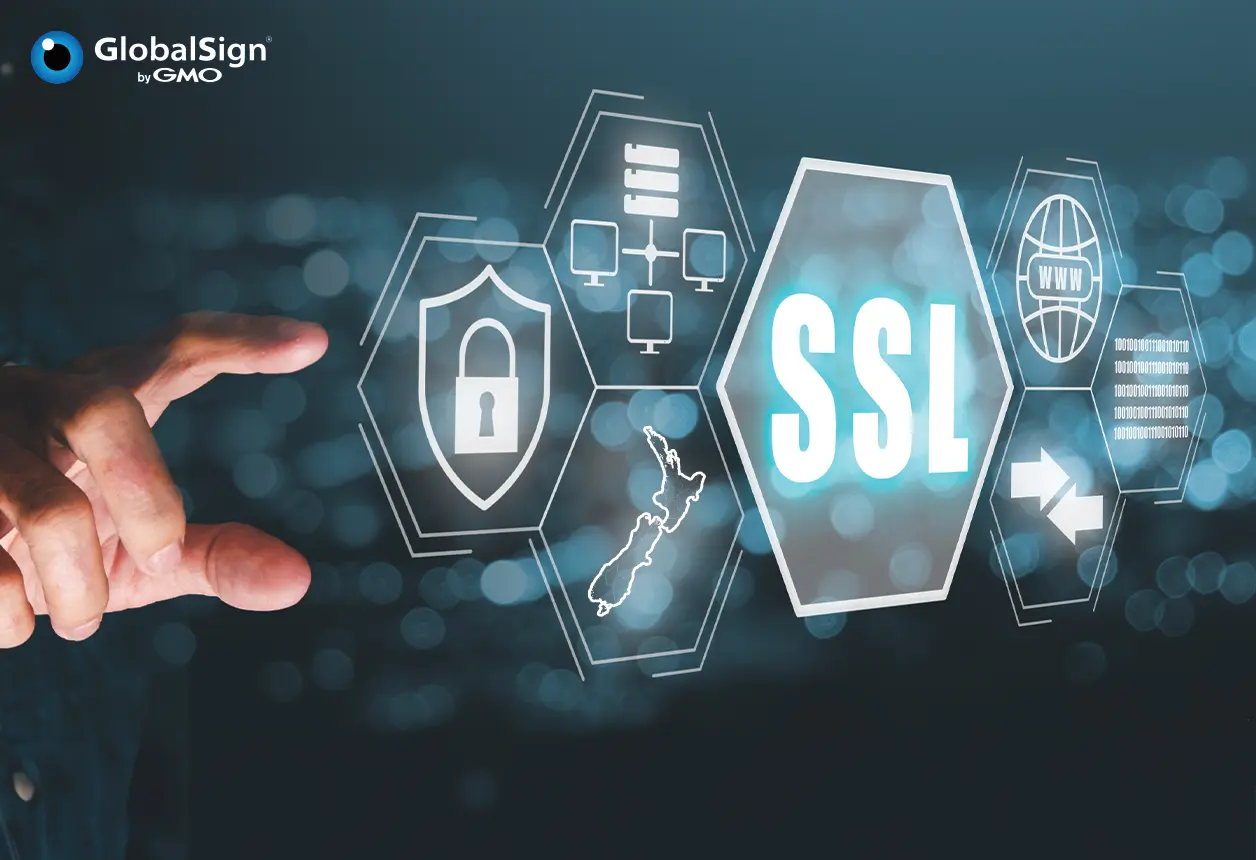
Comparing HTTPS and HTTP: Security Differences
HTTP (Hypertext Transfer Protocol) and HTTPS (Hypertext Transfer Protocol Secure) are both protocols used for transferring data over the internet. The main difference between the two is that HTTPS uses SSL encryption to secure the data transmitted between the website and the user, while HTTP does not. This encryption ensures that the data remains confidential and cannot be intercepted by attackers. Without encryption, any data transmitted over is vulnerable to interception, allowing attackers to access sensitive information. HTTPS, on the other hand, encrypts data, protecting it from being intercepted or tampered with. This encryption is especially important for websites that handle sensitive information, such as e-commerce sites, banking websites, and healthcare portals.
Changes in the SSL certificates in New Zealand
SSL is constantly evolving to combat emerging threats. As technology advances and cybercriminals become more sophisticated, it's essential to stay informed about the latest trends in SSL certificates in New Zealand. SSL is constantly evolving to combat emerging threats. Here are some key trends:
-
Stricter Validation: Certificate Authorities (CAs) now employ rigorous methods to verify website ownership before issuing OV and EV SSL certificates.
-
Stronger Encryption: As technology advances, so do encryption methods. CAs are issuing certificates with longer key lengths and more robust algorithms for enhanced security.
-
Shorter Validity Periods: SSL certificates can now be issued for shorter periods (sometimes as little as three months) to ensure regular updates and quicker revocation of compromised certificates.
SSL New Zealand in Action
In New Zealand, implementing the best SSL practices is crucial for ensuring the security and privacy of online communications. Following these practices not only helps protect sensitive information but also builds trust with customers and partners. Some key practices in using the SSL certificates in New Zealand include:
-
Obtaining Certificates from Trusted CAs: Always obtain SSL certificates from reputable CAs like GlobalSign to ensure the authenticity of your website.
-
Use Strong Authentication: Implement multi-factor authentication (MFA) for accessing SSL certificates and ensuring private keys are protected.
-
Keeping it Up to Date: SSL certificates have a validity period, of 397 days (about 1 year). Ensure your certificate is renewed before it expires to avoid security vulnerabilities.
-
Enabling Strong Ciphers and Protocols: Modern browsers and servers support robust encryption algorithms. Configure your website to utilize the strongest options available while maintaining compatibility with older devices.
-
Educating Your Customers: Let your website visitors know you prioritize security! Display our GlobalSign Secure Site Seal and highlight the use of SSL encryption to build confidence. It’s free!
SSL New Zealand Best Practices
A new report by CERT NZ shows a positive increase in cybersecurity awareness among New Zealanders, and the 2024 Cyber Security Behavior Tracker paints a cautiously optimistic picture. While a concerning trend of apathy lingers among younger demographics (18-44), a vast majority (95%) recognizes the importance of personal online security. This positive shift aligns with the rise in key security behaviors like link verification, social media privacy settings, password management, and two-factor authentication adoption, all experiencing significant increases. Interestingly, the study suggests a "security wake-up call" effect, with those who suffered cyberattacks nearly twice as likely to adopt new security measures.
The cyber threat landscape is evolving rapidly, with financially motivated attacks now surpassing state-sponsored threats. In the year 2022/2023, the NCSC responded to 316 cyber incidents, a significant increase in financially motivated attacks. Cybercriminals are becoming increasingly sophisticated and relentless, exploiting vulnerabilities to inflict significant damage. The emergence of AI adds another layer of complexity, demanding robust security measures.
Complicating matters further is the challenge of protecting younger users, who often underestimate the risks. Overconfidence and the perception of invulnerability hinder their adoption of security best practices. To counter these threats, organizations must prioritize cyber security and governance. Using our digital SSL certificates in New Zealand provide essential security building blocks, while our other products offer comprehensive protection. By partnering with GlobalSign, organizations can strengthen their defenses and build resilience against the ever-evolving threat landscape.
GlobalSign: Your Partner in SSL New Zealand Security
Amidst a rising tide of cyber threats, New Zealanders are demonstrating increased awareness and adoption of security measures. A recent report by CERT NZ highlights a positive trend, with a majority recognizing the importance of personal online security. This shift is evident in the growing adoption of essential security practices like link verification, social media privacy settings, password management, and two-factor authentication.
SSL NZ Use Cases
At GlobalSign, we believe online security shouldn't be a privilege reserved for enterprises. That's why SSL New Zealand certificates offer a robust security solution for businesses of all sizes, and even for personal use!
SSL Enterprise Use Cases
SSL is the cornerstone of secure website transactions. It empowers businesses to:
-
Protect User Accounts: Safeguard sensitive login credentials and personal data.
-
Secure Customer Information: Ensure the confidentiality of financial details and transactions for a seamless e-commerce experience.
-
Enable Secure Online Services: From online banking and financial services to secure file transfers and internal client portals, SSL creates a trusted digital environment.
SSL for Personal Security
The benefits of SSL NZ extend far beyond the enterprise world. Here's how individuals can leverage such for a safer online experience:
-
Personal Websites and Online Portfolios: Showcase your work with confidence, knowing your visitors' data is protected.
-
Secure File Sharing: Share sensitive documents with peace of mind, ensuring data remains encrypted in transit.
-
Safeguarding Online Shopping: Enjoy a worry-free shopping experience with the assurance of secure transactions.
-
Protecting Social Media and Personal Accounts: Maintain control over your online presence and safeguard your personal information.
Free SSL Certificates in NZ: Are There Any Disadvantages?
While free SSL certificates in NZ offer a cost-effective way to secure your website, it's important to consider their potential limitations. Here are some key disadvantages to keep in mind:
-
Limited Validation: Free SSL certificates typically offer only Domain Validation (DV), which verifies the ownership of the domain name but doesn't provide extensive company information. This may impact your website's credibility with some visitors.
-
Potential for Revoked Certificates: Free SSL certificates can be revoked if they are misused or if the issuing authority detects security vulnerabilities. This can disrupt your website's functionality and damage your online reputation.
-
Limited Features: Compared to paid SSL certificates, free options may have fewer features, such as wildcard certificates for multiple domains or extended validation (EV) for a green address bar.
While free SSL certificates can be a good starting point, businesses in New Zealand seeking a higher level of security, trust, and features may want to consider investing in a paid SSL certificate. GlobalSign offers a range of affordable and reliable SSL certificate options to suit your specific needs.
How GlobalSign can help
GlobalSign offers a comprehensive suite of security solutions to help businesses stay ahead of the curve. Our digital SSL NZ certificates provide essential security building blocks, while our other products offer comprehensive protection against various cyber threats.
This not only protects against data breaches but also ensures a smooth user experience. Our legacy as a trusted Certificate Authority strengthens your brand credibility and fosters a secure online space for your visitors. Ready to experience the security of SSL New Zealand? Contact our team today! Visit our website or simply email us to explore our solutions.


